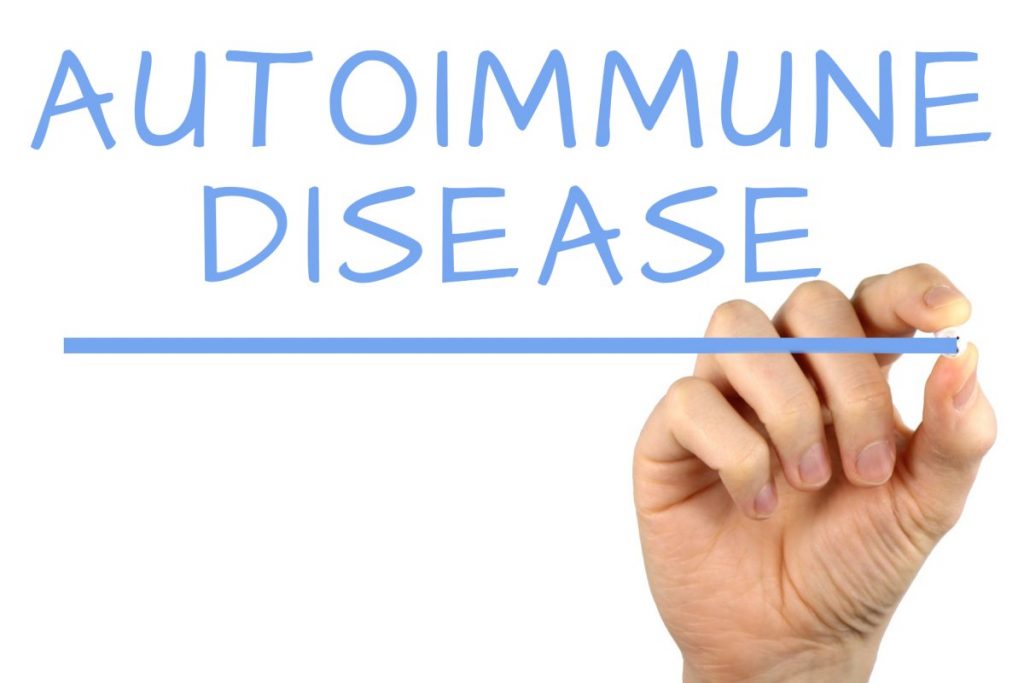
Autoimmune disorder mistakenly attacks the healthy cells in your body that can cause an overall impact. There are tons of their types, and each one has its unique symptoms that range from mild to severe cases. Since there has been an increase in autoimmune incidents, researchers are now studying its environmental factor. For instance, exposure to some different types of chemicals can set off an immune response.
Given that there is still no exact evidence of its origin, it could take time to diagnose such disease. However, some of its classic signs are determined through the case of inflammation, fatigue, and muscle aches.
Skin Complications – One of the significant signs of autoimmune disorder is having skin problems such as scleroderma that results in thickening and scarring of tissue. It can also cause psoriasis or scaly plaques on the skin. There is also dermatomyositis or distinctive skin rashes, or muscle weakness. It may also present with epidermolysis bullosa, which is a connective disease of the tissues that cause skin blisters. The bullous pemphigoid is a hypersensitivity reaction that is also called bullae.
Constant Digestive Pain – Abdominal pain or digestive issues called Lupus is also considered a sign of autoimmune disease. The organs such as lungs, joints, nerves, kidneys, and blood cells are commonly affected by inflammation. The symptoms you may experience include nausea, severe fatigue, vomiting, diarrhea, and joint pain.
Multiple Miscarriage–Antiphospholipid syndrome is the attack of immune cells to the phospholipids found in the walls of the placenta. Immunological complications can occur when the pregnant mother produces antibodies that indirectly cause clotting in blood vessels. It can cause multiple miscarriages due to the deprived nutrients.
Graves ’ disease -The disease is sometimes confused with other normal conditions, which makes it hard to determine. However, some related cases can be linked to the disorder such as hair loss, weight loss insomnia, heat intolerance, rapid heartbeat, bulging eyes, elevated blood pressure, irregular menstrual periods, increased sweating, vision problems or changes, difficulty breathing, and restlessness.
Thyroid Gland Attack – The attack of the thyroid gland or most commonly known as Hashimoto’s disease is considered an autoimmune disorder. It is when the immune system tends to damage the body’s cell tissues and targets the thyroid gland to reduce its ability to produce hormones for better metabolism. Some signs that are connected to the said disease are weight gain, dryness of eyes, mouth, and skin, cold intolerance, recurring fever, fatigue, and constipation.
What You Can Do If You Think You Might Have it

It is better to consult a doctor when you think that these symptoms give you an idea that you might have an autoimmune disorder. Though the diagnosis you have might be helpful in figuring out the underlying cause, you still have to be sure of the uniqueness of the conditions to be able to process its treatment. The solution to the different types of autoimmune disease still concerns your immune system, so the combination of tests and assessments is necessary to determine a specific action.
The identification of autoimmune disorders is challenging in a lot of different ways. It is always advisable to know the cause of your illness and find a functional specialist and medicine physician that can assist you with your medical concerns.
